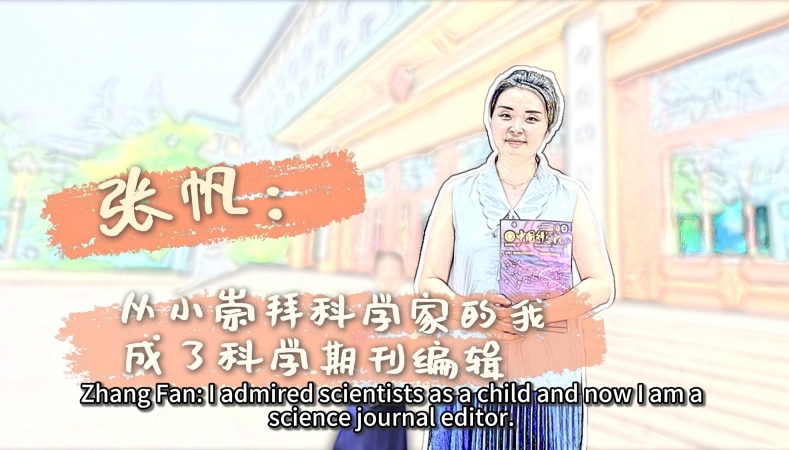Dongzhi: Shortest Day of the Year

Citizens make Chinese dumplings to celebrate Dongzhi in Tacheng, Xinjiang Uygur Autonomous Region of China, Dec. 19, 2022. (PHOTO:VCG)
By Staff Reporters
The Winter Solstice Festival (Dongzhi in Chinese) marks the longest night and shortest day in the northern hemisphere, which falls on December 22 this year.
Chinese people celebrate Dongzhi in many different ways. The most popular are worshipping heaven and ancestors, and eating dumplings and glutinous rice balls (tangyuan).
The custom can be traced to the Han Dynasty (202 BC-220 AD) and was preserved until the Ming Dynasty and Qing Dynasty (1368 - 1911). The well-preserved Temple of Heaven in Beijing was constructed for that reason. It was believed that worshipping heaven would bring an abudant harvest and good health for the coming year.
In some regions of China, people take food to their ancestors' tombs and pay respects to their ancestors during this time.
Like other traditional festivals in China, Dongzhi also has some featured festival foods. As it takes place in winter, most foods have the effects of warming the body up and enhancing the resistance to cold weather.
Dumplings have been the most traditional food in the north of China for a long time, where a popular saying says eating dumplings on the day of Dongzhi can protect ears from frostbite. The saying comes from a story about Zhang Zhongjing, a famous doctor in ancient China. He found that many people suffered from ear frostbite in winter, so he wrapped mutton and Chinese medicine into pieces of dumpling dough, boiled the pieces and gave them to people to cure the frostbite. It worked well and the custom has been passed down.
In southern China, tangyuan is the most popular Dongzhi festival food. The implied meaning of eating tangyuan is a family reunion.


